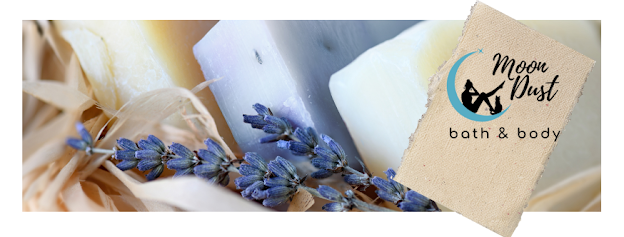Lavender has a sweet herbaceous scent with multiple layers of floral aroma. Derived from evergreen shrubs with light green leaves and violet-blue flowers, the entire plant has a wonderfully enchanting fragrance.Common Uses: Lavender is one of the most useful and versatile essential oils. Aromatherapists use it to treat burns and skin irritations as well as to promote calming and ease. The strong aroma of Lavender has a powerful soothing effect on the body and is often used to treat anxiety, stress and insomnia.
Lavender, Lavendula officinalis, extracted from flowering tops of the lavender plant, has anti-inflammatory, anti-bacterial, anti fungal, and anti-septic properties. Lavender is believed to stimulate the immune system to promote healing and ease inflammation. Lavender tones the skin and is useful for acne, oily skin, burns, sunburn, wounds, eczema, psoriasis and insect bites. In hair car, lavender helps balance oily or dry hair and scalp, soothes irritated scalp and stimulates the hair follicles to help foster hair growth. Lavender is often paired with rosemary in hair care formulas. Their synergistic properties are great for hair care. Aromatherapy Properties: relieves tension with its soothing, calming and harmonizing effect on the nerves. It is effective for headaches, migraines and insomnia. Its floral and woody fragrance is great for stress relief and general relaxation. Lavender is one of the few essential oils that can be applied "neat," meaning directly to the skin without diluting. Many aromatherapists suggest a spritz of Lavender water on bed linens or a dab of Lavender essential oil on the wrist for a relaxing and soothing sleep. Scott Cunningham, in his book Magical Aromatherapy, suggests a lavender-scented bath at least once a week as a "health-maintaining ritual." Lavender essential oil aromatherapy should not be used in early pregnancy.


Comments
Post a Comment